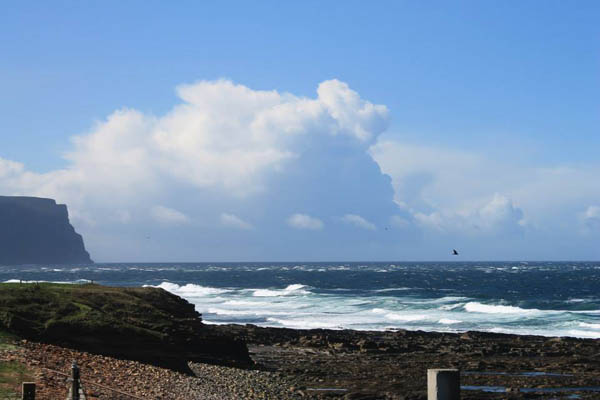Offshore wind technologies - one of the areas that MARINET is seeking European expertise in
MARINET (Marine Renewables Infrastructure Network), which is working to accelerate the development of marine renewable-energy technologies, is now opening up free use of some of Europe’s leading test facilities for marine renewable-energy R&D to start-ups, research groups and entrepreneurs.
Funded by the European Commission, MARINET is a cluster of research centres and organisations around Europe.
To be eligible to use the facilities, such companies or groups must be working in the area of marine renewable energy and be based in the EU or in states associated with the EU’s research and funding programme FP7.
According to MARINET, there has been demand from companies and researchers for this testing platform as they aim to come up with the next wave of marine renewable energy innovations.
Announcing the call, the MARINET group believes this will be a unique opportunity for SMEs, companies, entrepreneurs, inventors, engineers and researchers to avail of leading-edge interlinked infrastructures and associated expertise, with the European Commission set to pay fees.

Orkney Islands. Image via MARINET’s Facebook page
Test beds for renewable energy innovations of the future
This fourth call is specifically targeting access to test facilities specialising in the fields of offshore-wind energy, cross-cutting technologies such as electrical, mechanical and moorings, and scaled prototype sea-testing.
The 17 marine energy R&D infrastructures on offer will include facilities such as wind tunnels, power conversion systems, corrosion and materials testing laboratories and sea test sites suitable for testing prototypes up to a quarter of their full scale.
Who is eligible?
An applicant team must be based in the EU member states or states associated with the 7th Framework Programme (FP7).
Team members based outside the EU can also participate as long as they do not form the majority in the team.
The team must apply for a facility, which is located outside its home country. MARINET will provide a financial contribution to assist the team with travel and accommodation costs.
It said typical projects might be a start-up teaming up with their local university to test the efficiency of a novel energy conversion system at a world-class electrical research facility abroad.
MARINET also gave the example of a research group testing the corrosion characteristics of a new material that they have designed for use on offshore platforms.
From tomorrow, 28 June, interested companies and research groups can submit their applications.